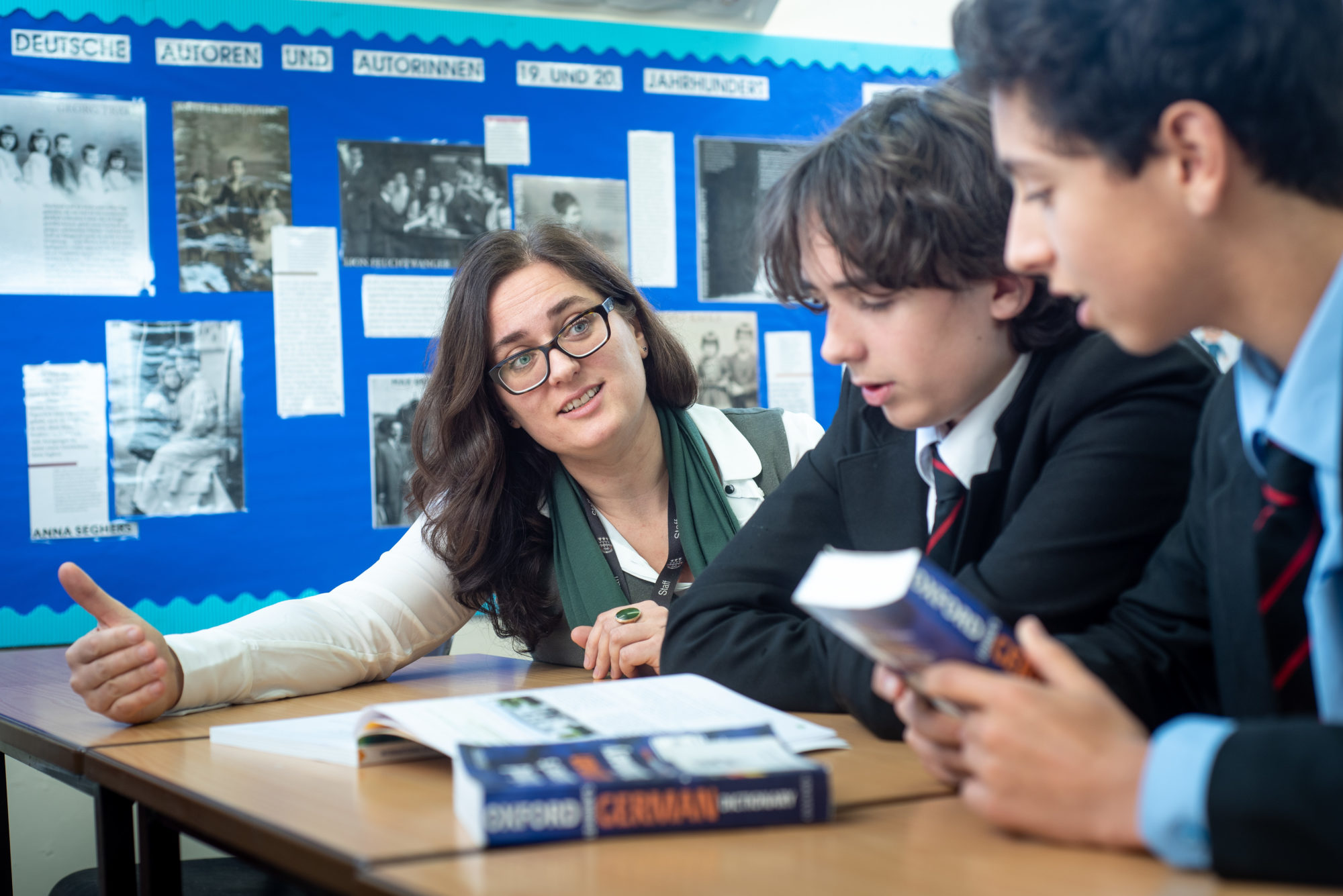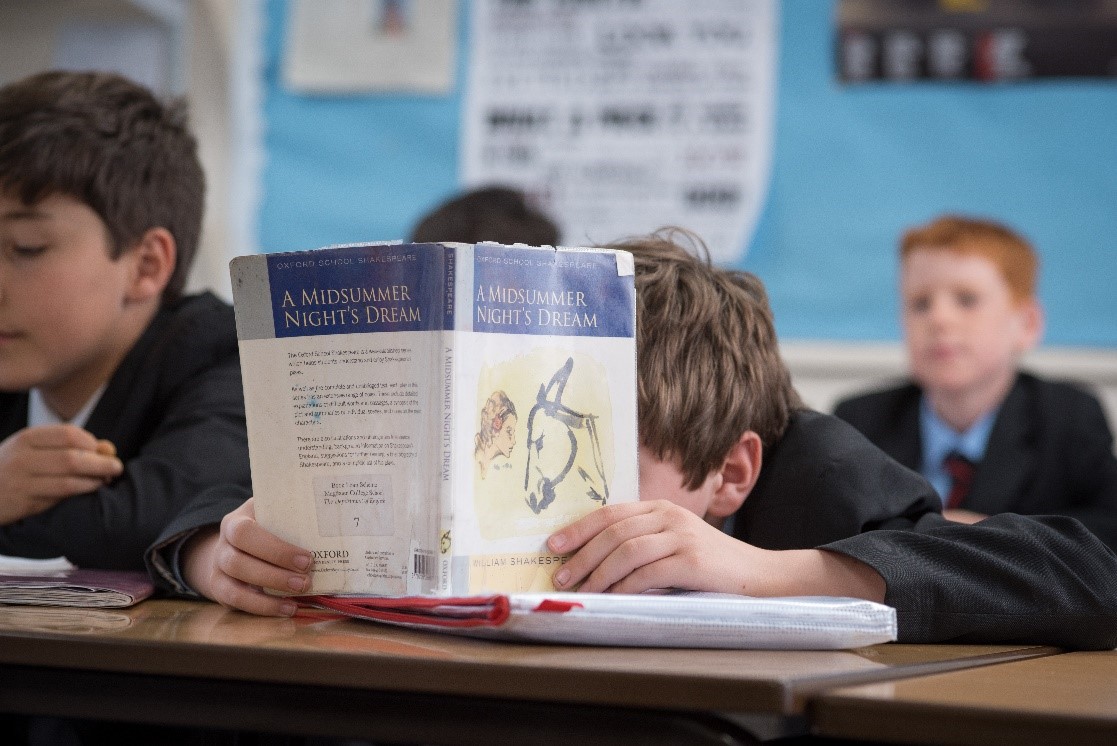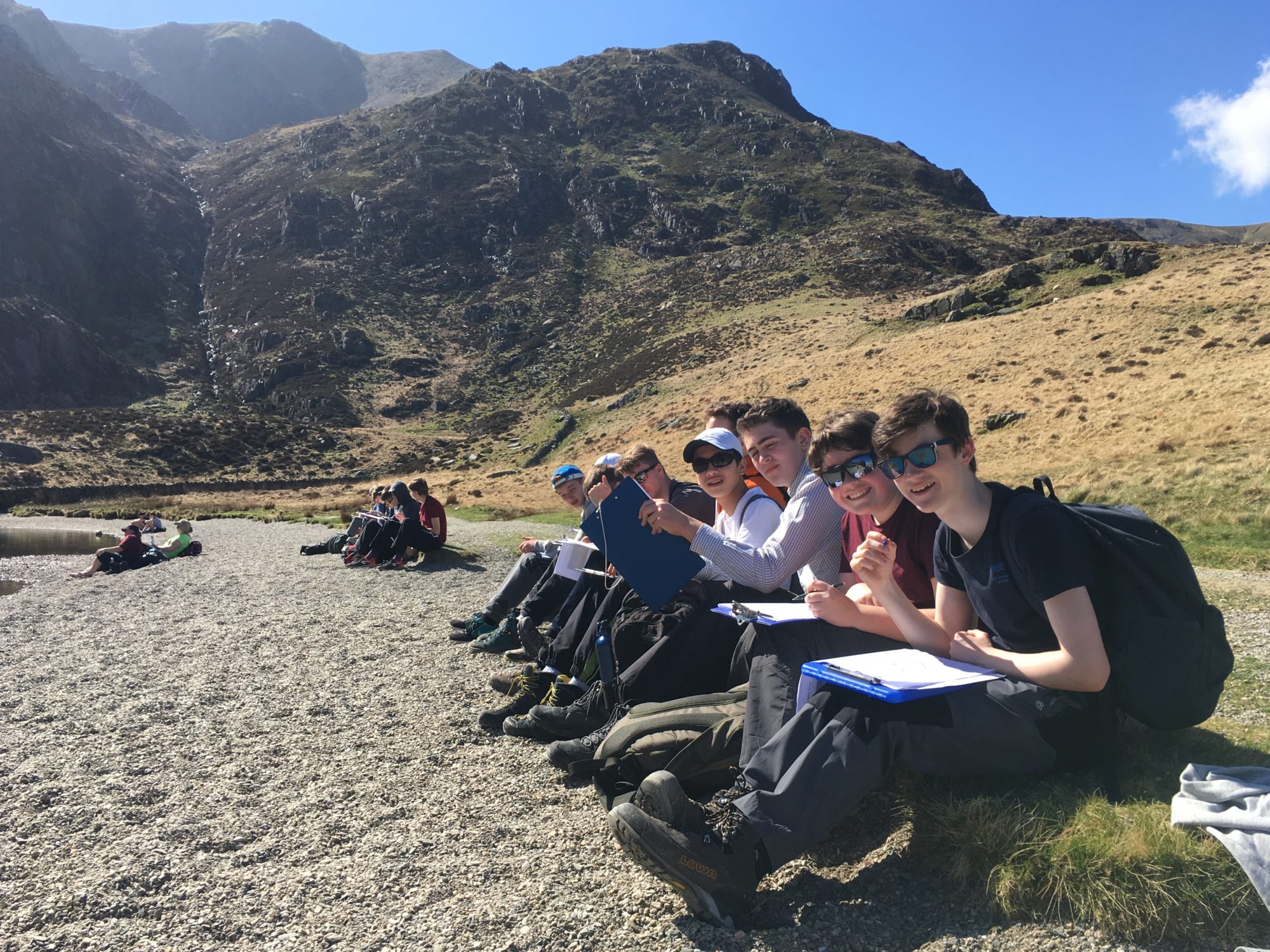German
Middle School
Pupils who choose to learn German in the Middle School sign up for an exciting course with an emphasis on real-life communication and grammatical accuracy. They will learn how to talk confidently about everyday experiences and to navigate the modern world of public transport, hotels, and fitness centres. They will build up an extensive and practical vocabulary, but they will also have opportunities to explore more arcane and unusual topics, such as tongue twisters, German cartoons, and stories of escape from a communist regime.
Sixth Form
To study German in the sixth form at MCS is to embark on a life-enhancing, in-depth exploration of a fascinating language and culture. Are you curious to know more about the German government’s innovative approach to renewable energy? Or perhaps you would like to understand the relationship between church and state in Germany since WWII? You will have the chance to study and discuss these and many more exhilarating topics of contemporary society and culture as part of the A Level course. What is more, you will also be able to gain a rich understanding of some of the landmark works of modern German literature and cinema. In which other subject do you get to watch a fast-paced spy thriller set against the backdrop of the Cold War (Deutschland 83) and discuss a young man’s overnight transformation into a horrible insect (Die Verwandlung)?
Refer to the Sixth Form Curriculum guide for a more detailed breakdown of the Pearson A-Level German programme.
Further Inspiration
If you are thinking about studying German in the Sixth Form at MCS, you might want to start reading around the subject before you join. Our Study Preparation guides are a useful tool, detailing further reading around key topics.
You already know some German words: Autobahn, Blitzkrieg, Rucksack, Dachshund, Volkswagen, Angst, Kindergarten, Oktoberfest, Schadenfreude, etc.
The best part of studying German in sixth form was our small class size and ability to investigate our own interests in a different language
Sixth Form pupil
Extra-curricular
The MCS German Department has a reputation for buzzing with the intellectual and cultural energy of the Zeitgeist. If you choose to study the language here, you might join us on a trip to Berlin to see the sights and soak up the language. Or you might prefer to turn your hand to creative writing or translation in one of many local and national competitions we enter. Or perhaps you might like to attend a talk by university staff about the Reformation or modern German drama. Or maybe go to a film screening or a German language play in a local theatre.
A German pun: Wie nennt man ein Keks unter einem Baum? - Ein schattiges Plätzchen.
What do you call a biscuit under a tree? - A shady spot (Plätzchen = biscuit / diminutive of “der Platz” place, spot)
Where German could take you
German is highly prized by top universities and employers around the world. As a sixth form subject, it fits beautifully with almost every conceivable combination of subjects, including another foreign language (double linguists are rare to the point of being exotic nowadays), music (how can you properly enjoy a Bach cantata without understanding the words?), philosophy and theology (wouldn’t life seem meaningless without being able to read Nietzsche in the original?), any of the sciences (how do you think Germanium got into the Periodic Table? And who developed the Bunsen burner?), and History (Otto the Great? The Hanseatic League? The Protestant Reformation? The Thirty Years’ War?).
Pupils from MCS go on to achieve great things with German. It is possible to read German on its own or in combination with a wide range of other subjects at university. One of the chief attractions of studying a foreign language at degree-level is the opportunity to live abroad for a year, perhaps teaching, studying, or doing an internship. Linguists at MCS achieve excellent results at the end of the sixth form and go on to further study at universities such as Oxford, Cambridge, Bristol, Durham, and Bath. They might then choose a career in media, law, advertising, research, teaching, engineering, or intelligence work.
 MCS ranks among the top independent secondary schools, and in 2024 was awarded Independent School of the Year for our contribution to social mobility.
MCS ranks among the top independent secondary schools, and in 2024 was awarded Independent School of the Year for our contribution to social mobility.

 28 of our pupils achieved 10 or more 8 or 9 grades in 2024.
28 of our pupils achieved 10 or more 8 or 9 grades in 2024.
 In 2023-24, MCS received over £448,000 in donated funds.
In 2023-24, MCS received over £448,000 in donated funds.









